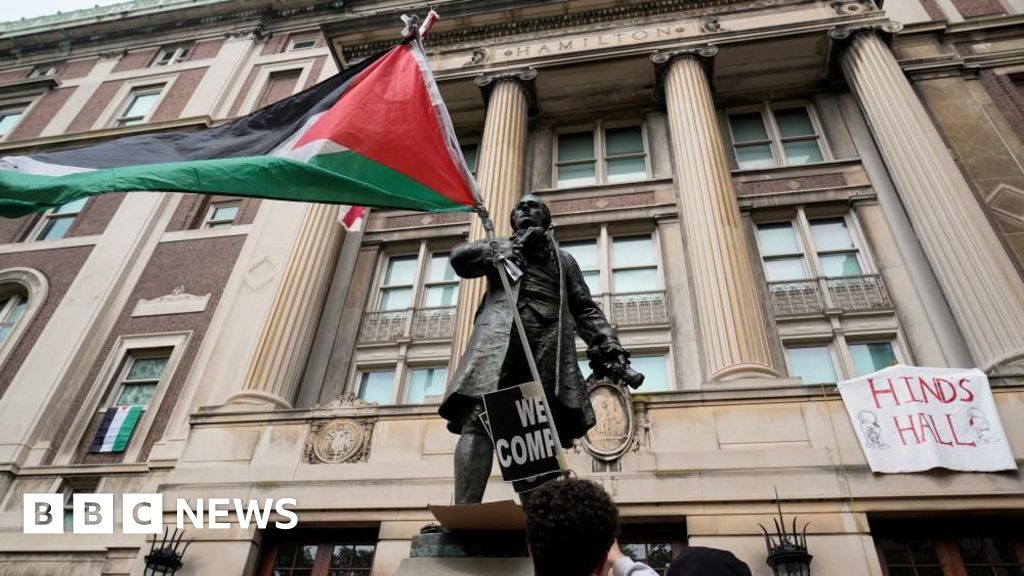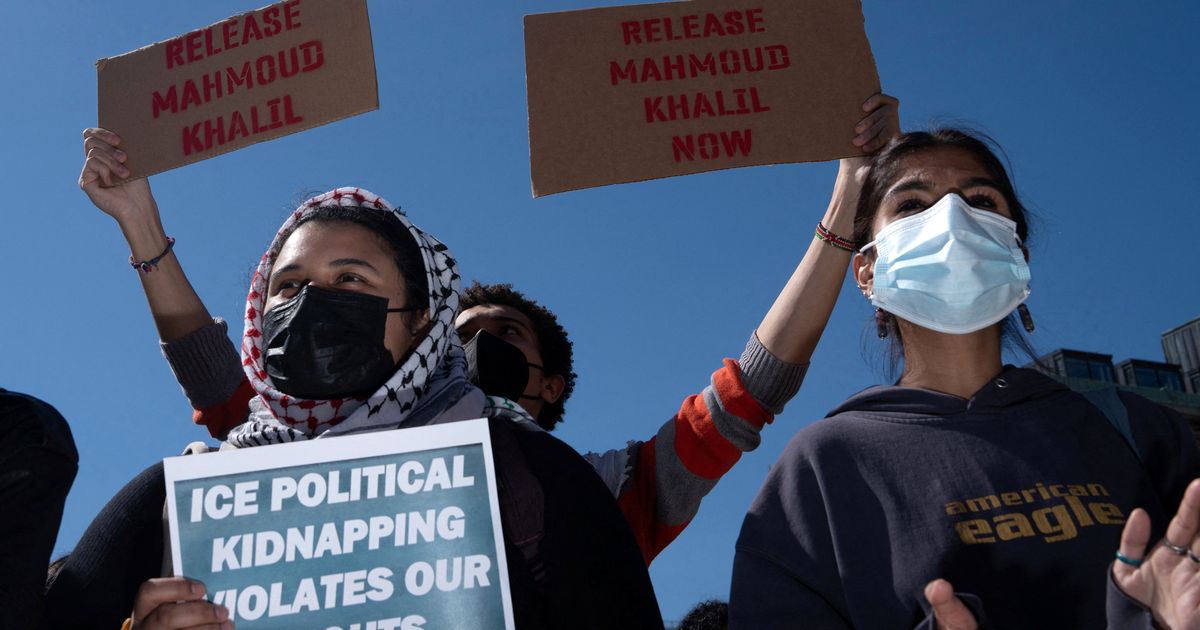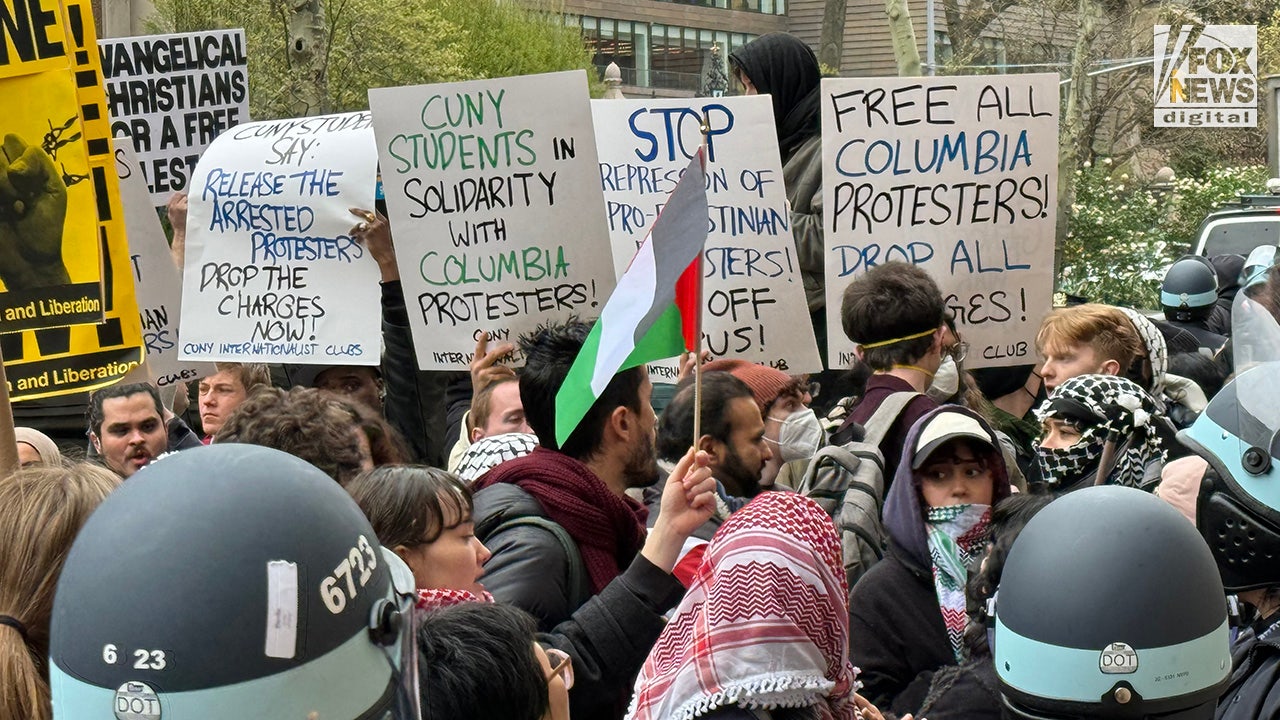Federal Crackdown on Student Protests at Columbia University Intensifies Amid Fears of Wider Repercussions
The Trump administration's crackdown on protestors at Columbia University raises concerns among international students about free speech and immigration consequences.
Subscribe to unlock this story
We really don't like cutting you off, but you've reached your monthly limit. At just $5/month, subscriptions are how we keep this project going. Start your free 7-day trial today!
Get StartedHave an account? Sign in
Overview
The Trump administration has escalated its targeting of student protests at Columbia University, arresting Palestinian student Leqaa Kordia and activist Mahmoud Khalil, and revoking the visa of another student. Federal agents also executed searches at the university, causing alarm among international students and faculty who fear repercussions for their dissenting views. The Graduate School of Journalism reported an "alarming chill" among its students, with many feeling unsafe. Critics argue the administration's actions are politically motivated and infringe on free speech. Officials warn more arrests and visa revocations are anticipated in the coming days.
Report issue

Read both sides in 5 minutes each day
Analysis
- Amid increasing arrests of foreign nationals at Columbia University for pro-Palestinian protests, concerns rise about the implications for free speech and the safety of international students and faculty.
- Civil rights advocates express alarm over a climate of fear impacting discourse on college campuses, with faculty and students hesitating to engage in political discussions due to worries about immigration repercussions.
- The crackdown is perceived as politically motivated, affecting the vibrancy of higher education and raising questions on academic freedom and the boundaries of protest in the U.S.
Articles (8)
Center (2)
FAQ
International students and faculty have become increasingly fearful, with many feeling unsafe to express their opinions or participate in campus activities. This has led to a 'chill' in academic discourse and debate.
History
- 8M

 5 articles
5 articles






